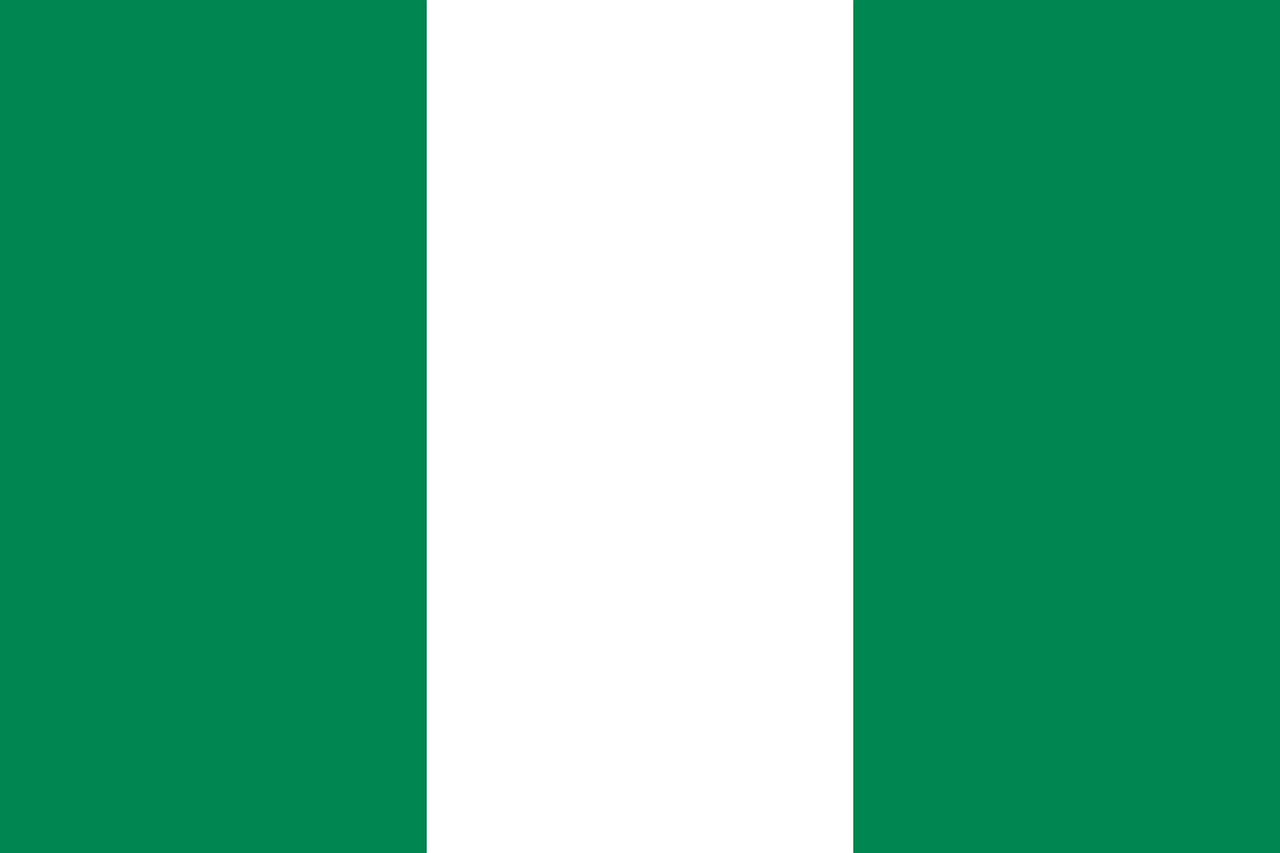
403
Sorry!!
Error! We're sorry, but the page you were looking for doesn't exist.
Nigeria urges wealthy nations to engage Africa with “mutual respect”
(MENAFN) Nigeria’s Foreign Minister Yusuf Tuggar has called on wealthy nations to engage African countries with “mutual respect” rather than treating trade like a patchwork of resources, according to reports. Speaking on the sidelines of the Gulf summit in Abu Dhabi on Wednesday, Tuggar criticized what he described as a “Minecraft approach” to Africa, where countries focus only on oil, gas, and rare minerals without fostering broader, sustainable economic partnerships.
“Sometimes it’s like the game Minecraft: There’s oil, there’s gas, there’s critical minerals, rare earths. We put a bit of this, we invest in this. No, that’s not the way it goes,” Tuggar said.
The remarks come amid ongoing trade tensions with the United States. In July, Washington imposed “reciprocal” tariffs on multiple partners, including African nations, as part of measures aimed at addressing long-standing trade deficits. South Africa, heavily dependent on US trade, faced a 30% tariff and has since been negotiating a “fair” agreement with Washington. Nigeria’s tariff rate is 15%.
Tuggar has previously noted that US measures, including visa restrictions and tariff increases, are partly intended to pressure African countries into accepting third-country migrants expelled from the United States. Nigeria, Africa’s most populous country, has insisted it will not host foreign deportees, citing its own domestic challenges, unlike some neighboring nations that have agreed to such arrangements.
“We are a very large country of 230 million people, so we have a huge internal market. That also means we have a larger talent pool than other countries,” Tuggar said, highlighting Nigeria’s economic resilience and diversified trade strategy.
“Sometimes it’s like the game Minecraft: There’s oil, there’s gas, there’s critical minerals, rare earths. We put a bit of this, we invest in this. No, that’s not the way it goes,” Tuggar said.
The remarks come amid ongoing trade tensions with the United States. In July, Washington imposed “reciprocal” tariffs on multiple partners, including African nations, as part of measures aimed at addressing long-standing trade deficits. South Africa, heavily dependent on US trade, faced a 30% tariff and has since been negotiating a “fair” agreement with Washington. Nigeria’s tariff rate is 15%.
Tuggar has previously noted that US measures, including visa restrictions and tariff increases, are partly intended to pressure African countries into accepting third-country migrants expelled from the United States. Nigeria, Africa’s most populous country, has insisted it will not host foreign deportees, citing its own domestic challenges, unlike some neighboring nations that have agreed to such arrangements.
“We are a very large country of 230 million people, so we have a huge internal market. That also means we have a larger talent pool than other countries,” Tuggar said, highlighting Nigeria’s economic resilience and diversified trade strategy.

Legal Disclaimer:
MENAFN provides the
information “as is” without warranty of any kind. We do not accept
any responsibility or liability for the accuracy, content, images,
videos, licenses, completeness, legality, or reliability of the information
contained in this article. If you have any complaints or copyright
issues related to this article, kindly contact the provider above.


















Comments
No comment